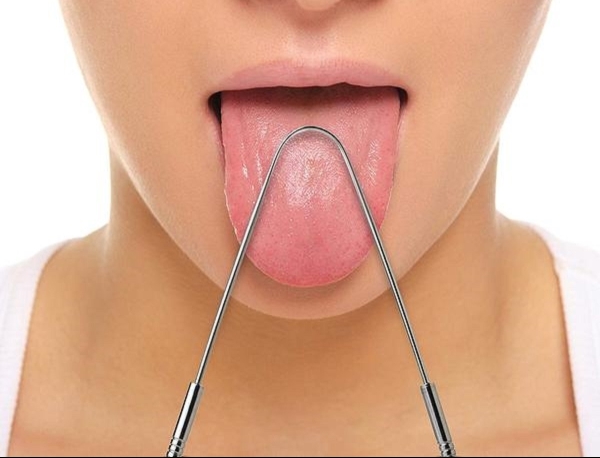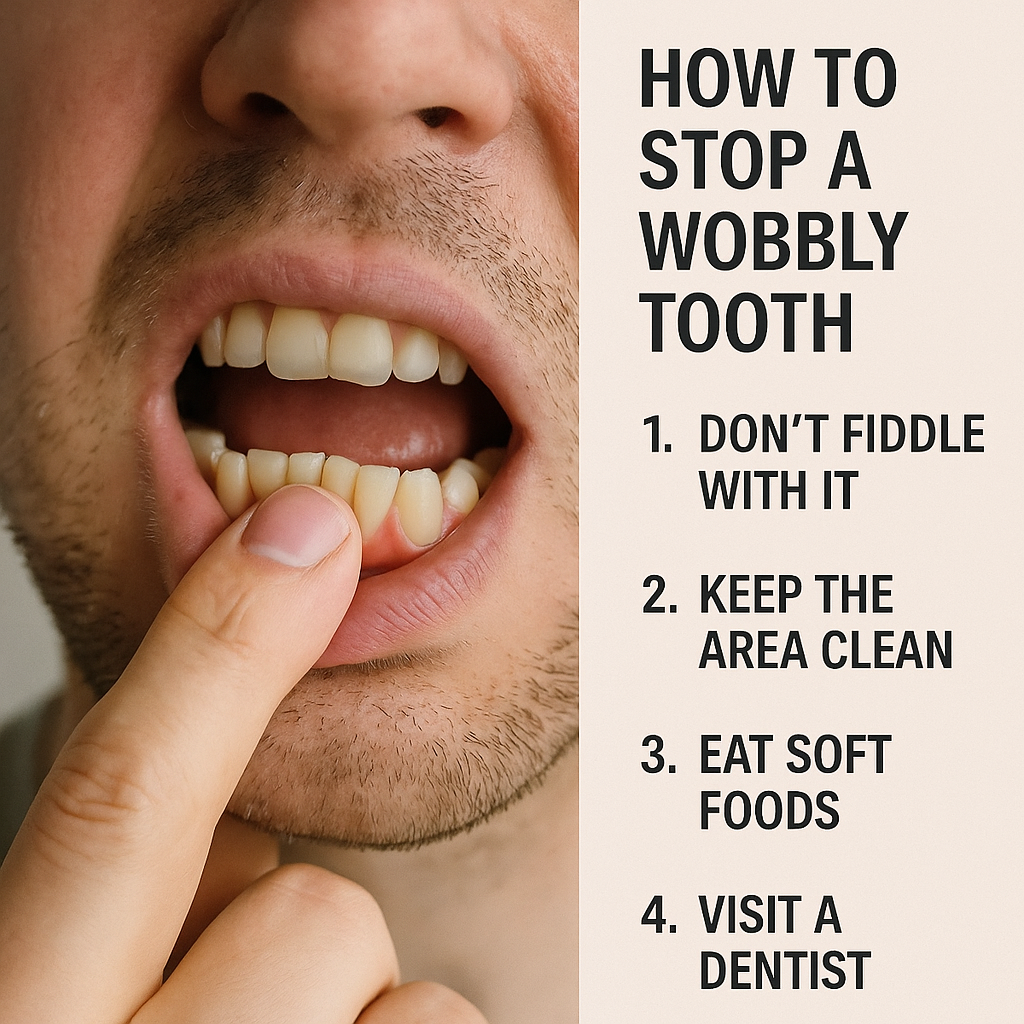
Brushing your teeth twice a day is essential for keeping them healthy, but brushing too hard can cause lasting damage. Over time, this can harm your gums and wear away enamel, leading to tooth sensitivity and even receding gums. Many people don’t realize they’re brushing incorrectly until they experience discomfort. If your toothbrush wears out quickly or your gums pull back, it’s time to reassess your brushing habits.
In my experience, many people don’t realize they’re brushing too hard until they feel discomfort or sensitivity. If your gums are receding or your toothbrush is wearing down quickly, it might be time to adjust your brushing technique. By reading this, you’ll learn how to recognize the signs and prevent damage from brushing too hard.
Warning Signs of Brushing Your Teeth Too Hard
Brushing too hard can cause various issues that affect your oral health. Here are some common signs to look out for:
- Receding Gums
If your gums are pulling away from your teeth, exposing the root, this may be a sign of excessive brushing. Gum recession can cause sensitivity and increase the risk of gum disease. - Quickly Worn Toothbrush
A toothbrush with frayed or flattened bristles shows you’re applying too much pressure. Replace your brush every three months, and adjust your technique. - Tooth Sensitivity
Worn enamel exposes the inner dentin, causing pain when eating hot, cold, or sugary foods. - Darkened or Dull Teeth
Excessive brushing can remove the shiny enamel layer, leaving your teeth dull and discolored. - Tooth Decay Near the Gumline
Constant pressure can weaken enamel near the gums, leading to small cavities or root decay.
The Harm Caused by Brushing Too Hard
Brushing too hard or using a hard-bristled toothbrush can cause long-term damage to your teeth and gums. This pressure gradually leads to gum recession, exposing sensitive roots and increasing the risk of tooth decay.
Many people brush aggressively, thinking it cleans better, but this also wears down enamel, leaving teeth more vulnerable. Maintaining a healthy oral microbiome is crucial, and overbrushing can disrupt this balance, allowing harmful bacteria to thrive.
How to Avoid Brushing Too Hard
1. Use a Toothbrush with Soft or Extra Soft Bristles
Switch to a toothbrush with soft or extra-soft bristles to protect your gums. Medium and hard bristles may feel effective, but they can actually cause damage over time.
2. Hold Your Toothbrush Gently
Hold the toothbrush with only three fingers instead of your entire hand. This reduces pressure on your teeth and gums. Use gentle motions instead of force, allowing the bristles to do the work.
3. Try an Electric Toothbrush
An electric toothbrush is an excellent option when used correctly. Its motor reduces the need for vigorous back-and-forth motions, preventing wear and gum damage. Always follow the recommendations of a dental hygienist for proper use.
4. Monitor Your Toothbrush
Regularly monitor your brush for signs of wear. If the bristles are flattening or fraying quickly, you’re likely brushing too hard. Use less pressure and replace your toothbrush as needed.
5. Use Non-Abrasive Toothpaste
Avoid abrasive toothpastes, like popular charcoal or whitening products, which can wear down your enamel. Opt for ADA-approved non-abrasive options that are safe for daily use.
6. Visit Your Dentist Regularly
Routine visits every six months are crucial for monitoring your teeth and gums. Your dentist can assess your brushing habits, address concerns, and ensure your oral health remains in great shape.



